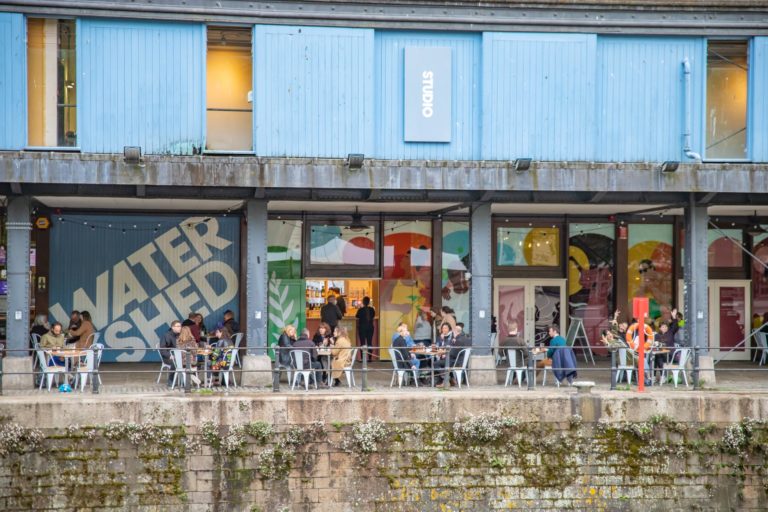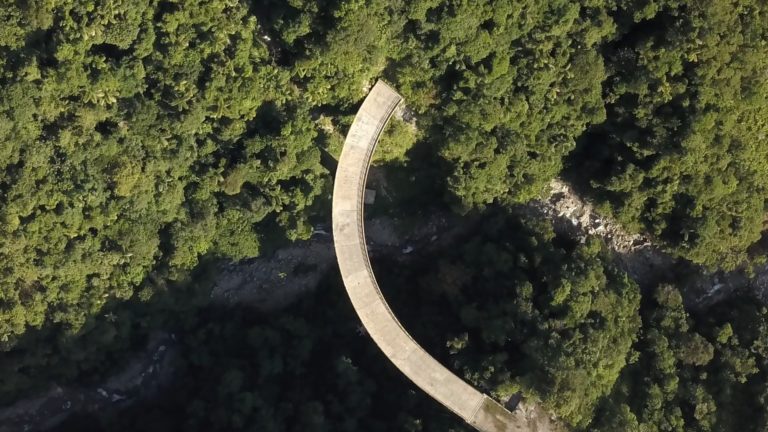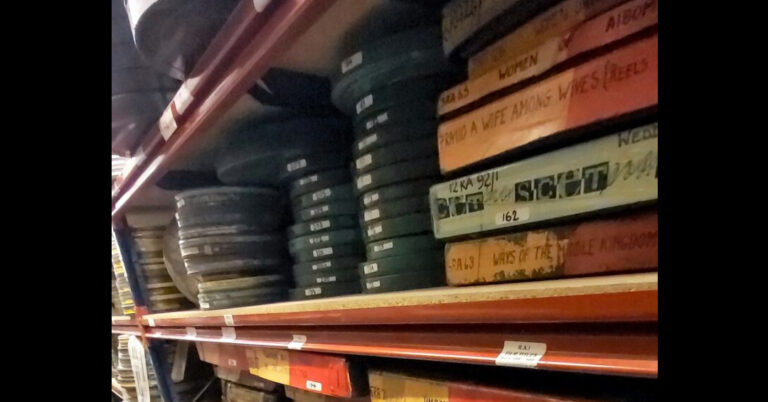RAI FILM
RAI FILM showcases the best in groundbreaking and innovative anthropological filmmaking from around the world. We provide a forum and resources for exploring the multiple relationships between documentary filmmaking, anthropology, and visual culture. In association with the Film Committee, the Film Officers curate a biennial film festival, run a film distribution service, and maintain a film archive. Our mission is to promote the understanding of cultural diversity and intercultural dialogue through film.
Festival
Established in 1985, the biennial RAI FILM Festival offers a diverse programme of films, workshops, masterclasses and events that question our complex, shared world, and promote social justice and dialogue. The 2025 Festival celebrated its 40th anniversary and took place from 11 to 15 June in Bristol, followed by an online run from 16 June to 16 July.
Distribution
We offer an extensive film catalogue (over 600 titles) that are variously available to purchase as DVDs, personal rent on demand (Vimeo VOD), and accessible to institutions via our online streaming partners for educational and academic purposes. We work to support filmmakers and provide long-term access to their films within the larger global research community. We continue to add new titles on a rolling basis.
Archive
The RAI’s ethnographic film library is one of the world’s largest and most important of its kind. We accept archival donations and work to preserve and digitise our holdings.



